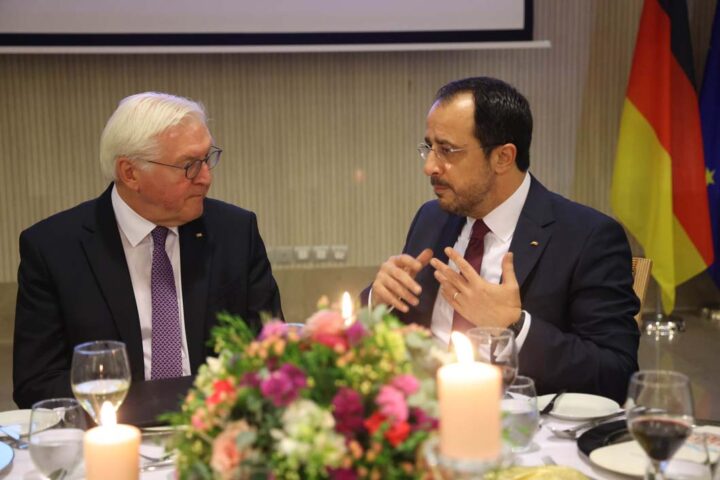When news first broke 11 years ago about potential natural gas reservoirs lying offshore Cyprus, everybody jumped for joy, as if we had struck ‘black gold’, the energy commodity was ready to be sold, and Cypriots were richer overnight.
At the time, many had warned that it could be as much a blessing as a curse.
We have yet to reap the benefits of this find, hastily misspending what little was raised from licensing fees without investing any amount in wise planning or energy strategy.
Instead of developing a sustainable model to utilise future revenues, the discoveries became a tug of war between politicians.
Most of them are clueless about the intricacies surrounding the colossal energy industry, both as producer and consumer.
Since then, a lot has happened, both on the economic and political front.
Apart from the discoveries, a lot has been said about the potential gas pipeline, where it should go through (or around), who would underwrite its huge cost or if we needed a terminal on the island to convert the natural gas and use it.
Turkey was dreaming of becoming a maritime, energy and regional powerhouse; Ankara has succeeded in slowly but surely transforming its plans to reality.
As a result, Cyprus has become a victim of its own success. Turkey deploys its gunboat diplomacy to demand as much as it can, allegedly in the name of the Turkish Cypriot community.
The Cyprus government has often been caught off guard, not knowing how to strategise the natgas discovery and its future use.
In the meantime, Ankara has made a huge discovery of its own in the Black Sea, with energy expert Charles Ellinas saying this week that Turkey does not need any more natural gas supply.
It just wants to have a say in and control everything that goes on in this part of the Mediterranean.
Furthermore, with an oversupply in the market, prices will remain depressed well into this and probably the next decade, suggesting that exporting any gas find will cost more than the going price.
Future demand for natgas will also be limited, as seen in a recent BP survey, especially with the European Commission turning to cleaner fuels and wanting to go zero-carbon by 2050, which in industry terms, is “just around the corner”.
Cyprus is moving extremely slowly in developing renewables.
Ellinas also warned that plans for natural gas made in 2012 are now out of date.
With the next round of UN-sponsored exploratory talks barely a month ahead, Turkey is expected to push for a two-state system to establish sovereignty over the island’s energy riches.
Perhaps the Cyprus government’s newly found enthusiasm to argue in favour of “political equality” ought to include the issue of sharing future revenues, considering that this may never even happen.
The Anastasiades administration and political parties should have created a national wealth fund a long time ago, financed from energy revenues placed in an escrow account.
The window of opportunity is quickly fading.
Only this time, the Greek Cypriot side ought to use what little prospect is left of deploying the pipeline and utilising offshore discoveries to try and bring the Turkish Cypriots back to the negotiating table with the hope of sharing this resource.
By the time the first quantities come out of the seabed, only then can we decide on how to use the revenues, if any.










